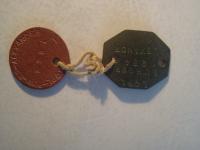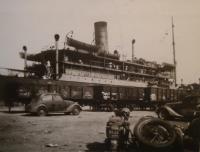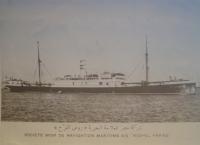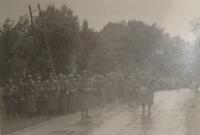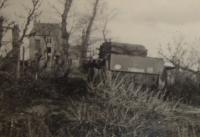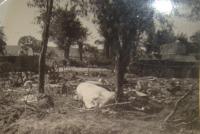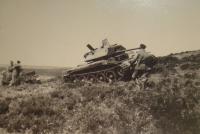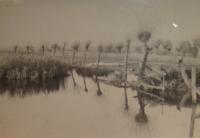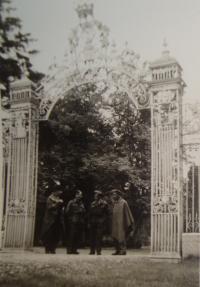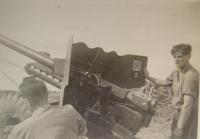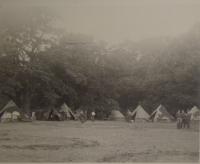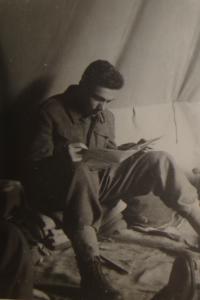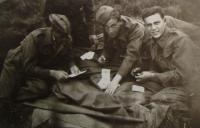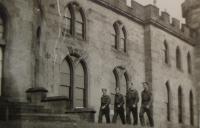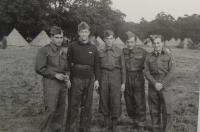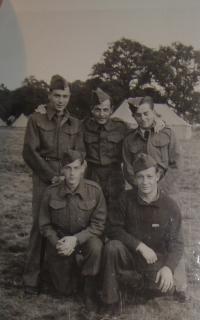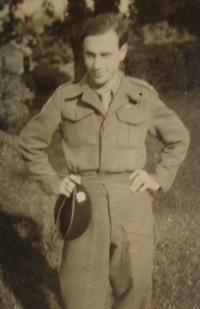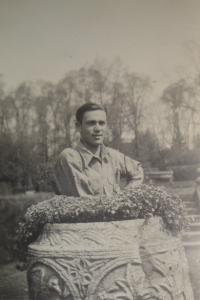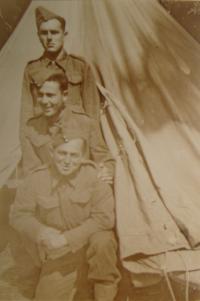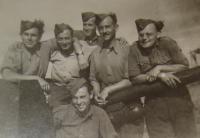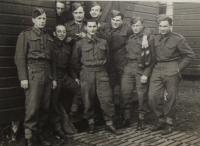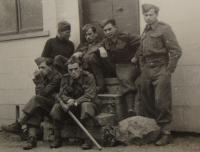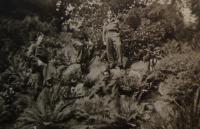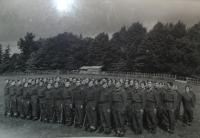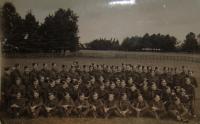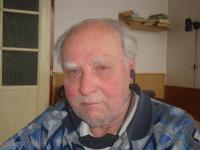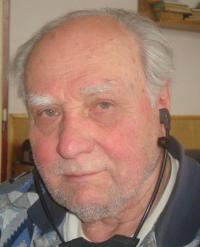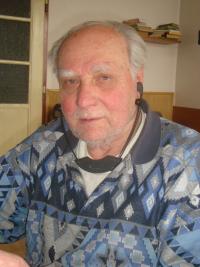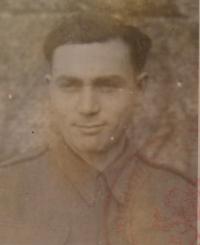When I lied down on the bridge I wished I´d never wake up again. That was France in 1940.

Download image
Retired lieutenant Alexander Burger was born on 20 April, 1922 in Ratkovské Bystré, in a region Revúca, in the former Czechoslovakia. Following elementary school he apprenticed a confectioner in the South Slovakian town Tornaľa, but in November 1938 the Southern part of Slovakia was taken by Hungary and the witness as intended to be expelled from the country after finishing his studies. But he never came back. He learned from the smugglers of the chance to enter the French Foreign Legion at the French embassy in Budapest. Via so called Balkan path he got to through Yugoslavian Belgrade, Greek Thessaloniki and todays Turkish Istanbul to the Lebanese Beirut, where he joined the Czechoslovak units. From Beirut he left to Marseille, where he was presented as a soldier on 13 May, 1940 in the First Czechoslovak Division. Then in Agde he was placed to the 9th infantry regiment, 1st infantry platoon and was intended to serve as a rifleman. But in Pézenas he could only finish the basic training without a gun and was ordered to go to the front against the advancing German army. Czechoslovak soldiers left to the Northern France and Alexander Burger experienced retreat fighting in May 1940. Czechoslovaks finally had to retreat to the South French harbour of Séte and from there they sailed by boat across Gibraltar and the Bay of Biscay to English Liverpool. Then the witness got to the Middle England to Moreton Paddox. In England the 1st Czechoslovak Independent Armored Brigade and the soldiers were trained in the Scottish Duns with Cromwell tanks. He was trained as a shooter and a tank driver and then took part in the second wave of the France invasion. In 1944-1945 he took part in Dunkerque siege, served in the French town of Bourbourg in 3rd tank troop 2nd tank battalion. Accordingly he was not prepared to survive war and after it finished he lacked qualification, which he had to work on through his life. He worked as a technician and then a Clerk in the Company Odkolek. Currently one of the last witnesses of the retreat fights in France in May 1940 lives in Prague.
